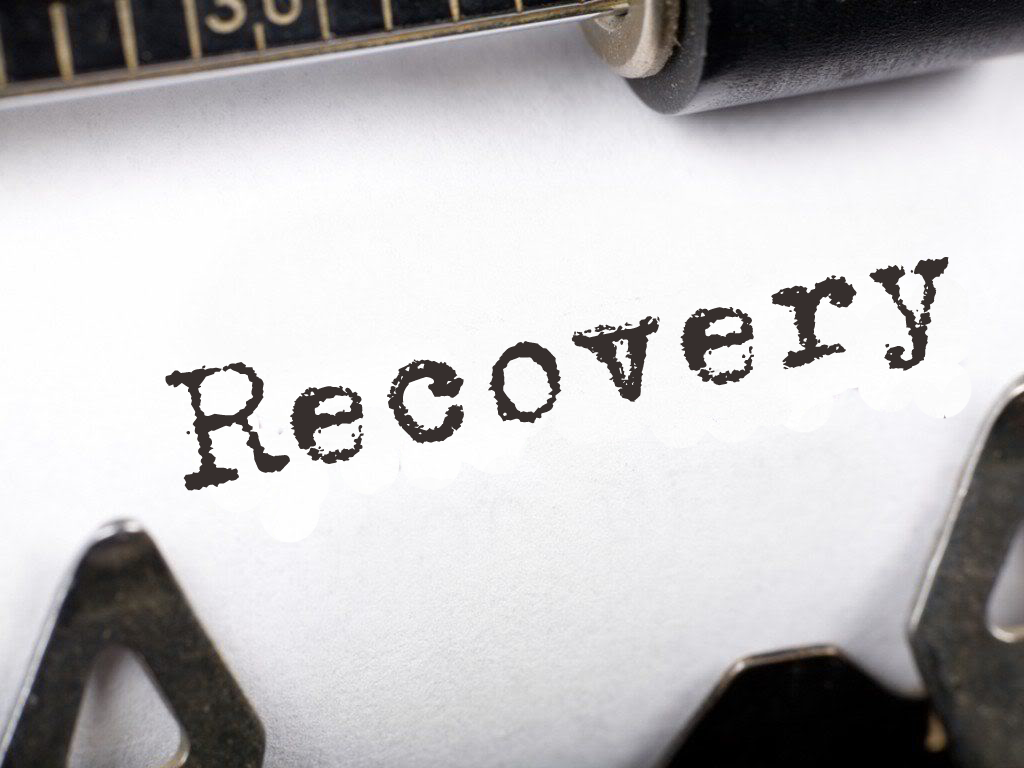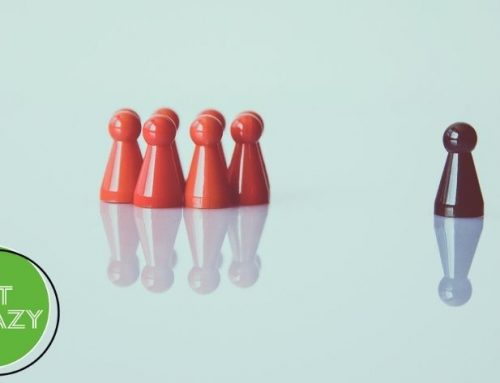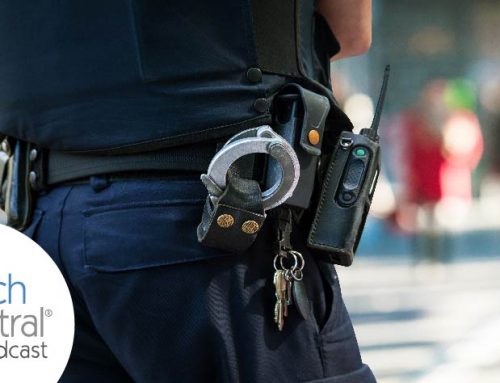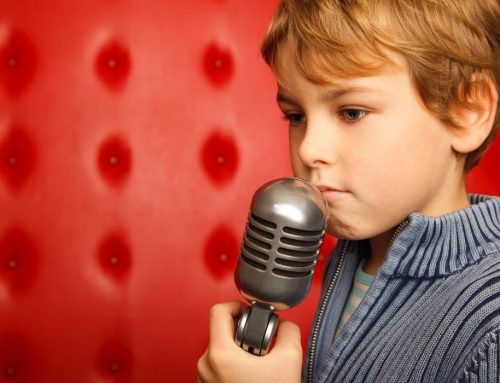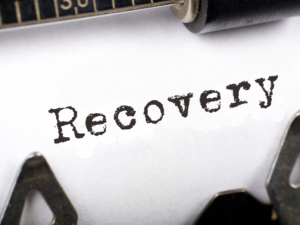 As a mental health blogger and a person living with mental illness, I often use the word recovery. In fact, In my quest to educate the world, I am very open about my illness, but I’m also quick to let people know that I’m living well. In other words, I tell people that I’m a person in recovery.
As a mental health blogger and a person living with mental illness, I often use the word recovery. In fact, In my quest to educate the world, I am very open about my illness, but I’m also quick to let people know that I’m living well. In other words, I tell people that I’m a person in recovery.
That’s when people really get confused.
How Can You Be in Recovery If There Is No Cure for Mental Illness?
The first pushback I receive is the word recovery — when it hits most people’s ears — implies that mental illness is gone. If you recover from the flu, for example, it means the virus dies out and you no longer have the flu. But mental illness isn’t like the flu. There’s no virus to die out. There is no vaccine to prevent it. If you are in recovery from mental illness, it doesn’t mean you no longer have a mental illness. It just means it’s controlled.
As you might imagine, this doesn’t sit well with the average person, Because it sounds like I’m giving the word recovery an entirely different meaning from what they’re used to. But that’s not what I’m doing at all. Oxford dictionary defines recovery as:
a return to a normal state of health, mind, or strength.
the action or process of regaining possession or control of something stolen or lost.
Nowhere in that definition does it say “cured,” or that whatever caused the issues in the first place has been eradicated entirely. It just says that what was once there is currently gone and a normal state of being has been restored.
Recovery Is the Correct Word – But So Are Many Others
Almost every time I use the word recovery online, someone will write me that they hate “that word.” Remission would be a better word, they often contend.
Some folks believe that no word is appropriate. They believe I should say that I’m a person living with bipolar, and leave it at that, with no mention of my current health status, whatsoever.
Obviously, I disagree with that, because I use the word recovery. I’m proud to be a person living in recovery with bipolar disorder. I didn’t choose the phrasing, but I understand it and I agree with it.
I agree with the word recovery because I understand it to mean that I spend more time living my life than I do managing bipolar disorder. That’s what it means to me.
SAMHSA, the group largely responsible for the word being commonplace, defines recovery as:
A process of change through which individuals improve their health and wellness, live a self- directed life, and strive to reach their full potential.
The Word Is Not As Important To Me
I have no issues with how it is defined or used as it relates to mental illness and/or substance use disorders. It doesn’t strike me as offensive, dismissive, or off-putting. Language is difficult and many words have different meanings, depending on the context.
What’s important to realize, however, is that all the other ways to describe – and define – wellness are also correct. If you don’t like the word recovery, then don’t use it. It should be perfectly acceptable to define your experience with your illness in any way you see fit.
The way wellness is described is much less important to me than people being well. I believe people should choose whatever word or phrase works for them and use it.
Just as long as it means they are living well.
This article previously appeared on Psych Central as, Is Recovery the Best Word to Describe Wellness with Mental Illness?



